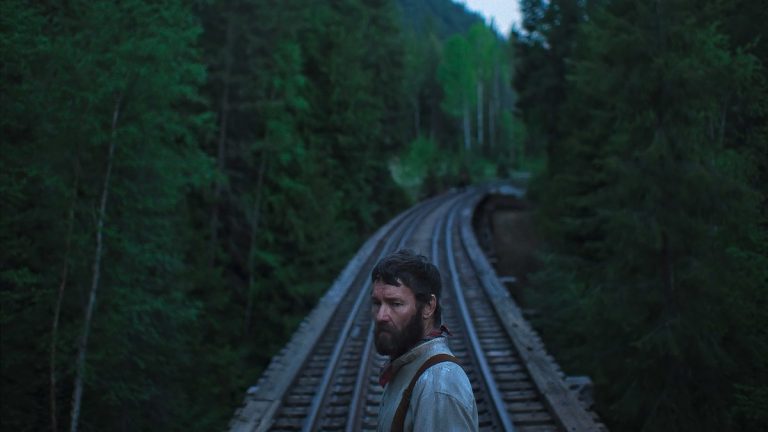Jim Jarmusch is a big name in the world of independent filmmaking. The extraordinary artist, known for his unique vision, celebrates another year of life today. The director turns 71 with a resume that glorifies his illustrious career. Today, as he celebrates his 71st birthday, let’s dwell on the life and works of Jim Jarmusch and how he became the legend of independent cinema.
Born on January 22, 1953, in Cuyahoga Falls, Ohio, Jarmusch was a born artist. His passion for filmmaking developed at a very young age, thanks to his mother, who was a film and theater reviewer. Looking at Jarmusch’s career, one can clearly say that he is a master of underground films. The credit for this goes to his exposure to a variety of films since his youth.
Another reason for his cinematic interest was his great fondness for books. His strong interest in counterculture and literature shaped his cinematic vision. Jarmusch took inspiration from the work of directors like Imamura, Ozu, Mizoguchi, Bresson, and Dreyer. Also, before starting his career as a filmmaker, Jarmusch worked as an assistant under the guidance of the film noir director Nicholas Ray.
His directorial career began in 1980 when his first feature film, Permanent Vacation, was released. However, it was four years later, in 1984, that he gained widespread recognition with his film Stranger than Paradise. The film not only gained him a dedicated fan base but also won the Camera d’Or at the Cannes Film Festival, becoming a landmark in independent cinema.
After getting the taste of success, Jarmusch went on to achieve great heights in his career, making films like Down by Law (1986), Mystery Train (1989), and Night on Earth (1991). These films solidified his career in the industry, making him a renowned name in filmmaking. Soon, Jarmusch’s art saw no boundaries and went on to receive acclaim internationally with his 1995 film Dead Man. The independent cinema artist achieved mainstream success in 1999 with his philosophical crime film Ghost Dog: The Way of the Samurai.
Jarmusch has been an unstoppable force. He has never restricted himself to a particular form — perhaps that is the beauty of independent cinema. Jarmusch is a true artist who knows how to play with that art to raise existential questions and examine the human condition. Throughout his career, the director has explored various themes and genres, with some of his cult work including films like Coffee and Cigarette (2004), Broken Flowers (2005), and Only Lovers Left Alive.
His diverse range of work reflects his artistic vision and curiosity to explore unconventional narratives. Jarmusch is one of a kind and is difficult to replace. His outstanding work and extraordinary style are commendable and an inspiration for upcoming artists. I may fall short of adjectives to describe a legend like Jarmusch, as he is not just an impeccable filmmaker but also a very talented screenwriter and musician. The aesthetic peaks in Jarmusch’s work and the cult status of his films prove it.






